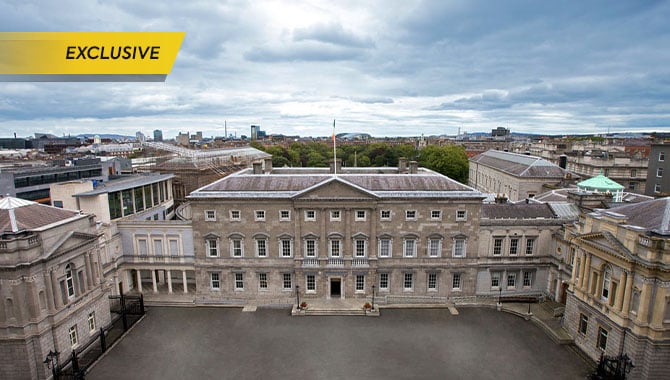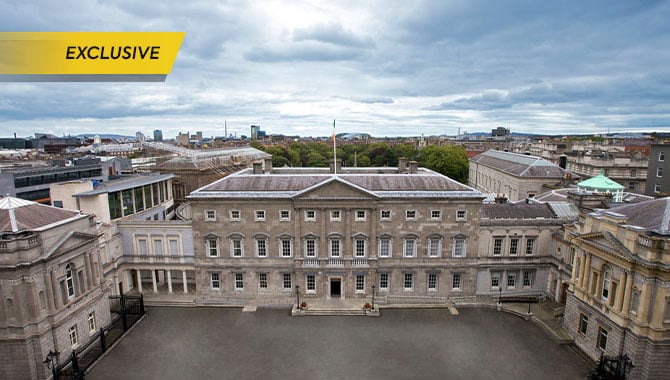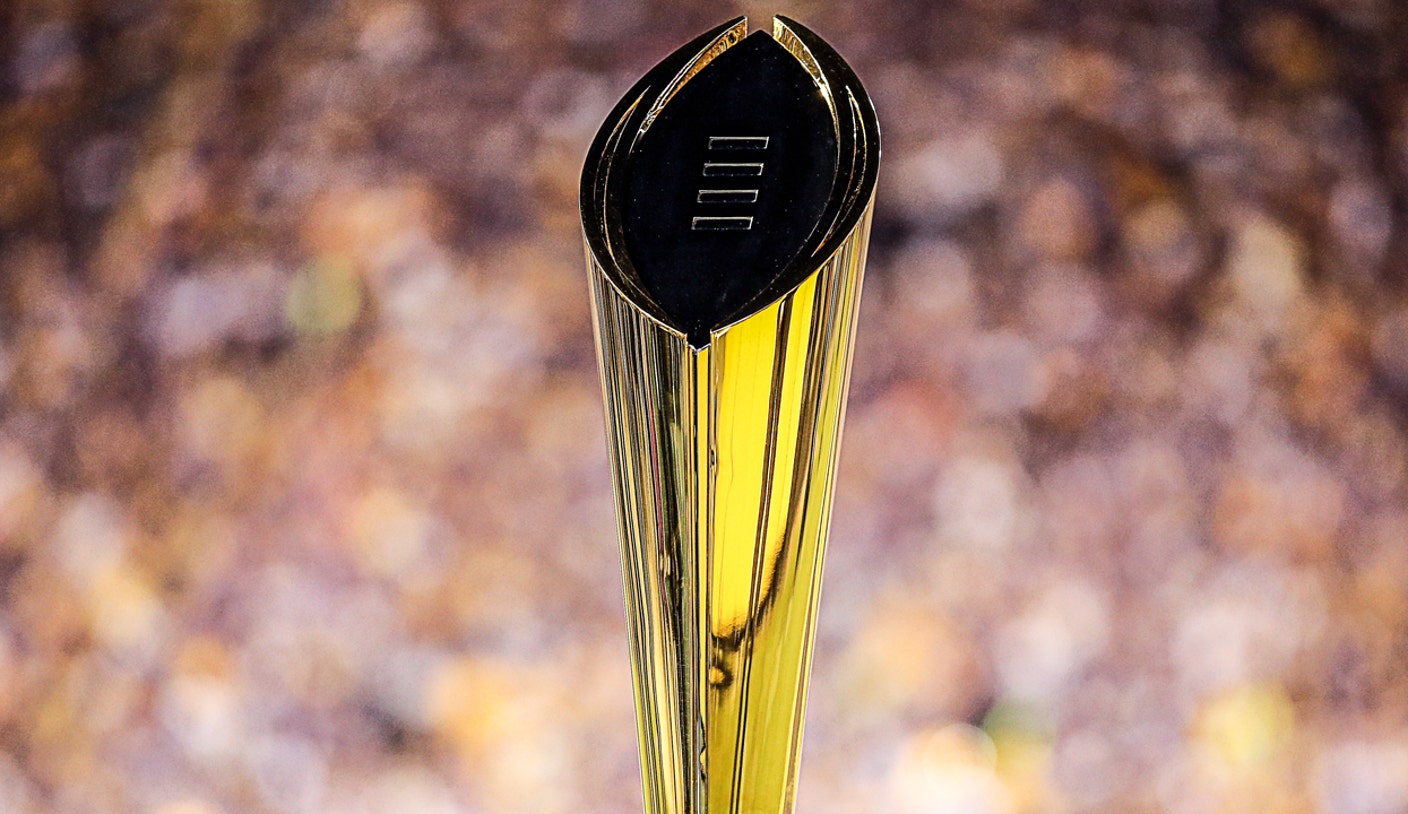
The Irish Bookmakers Association (IBA) has been a consistent and vocal supporter of the Gambling Regulation Bill and we remain eager to ensure Ireland develops a world-class regulatory framework. As we approach the Committee stage in the Seanad regarding the Gambling Regulation Bill, it is essential to highlight the further unintended consequences that have yet to be addressed in the current draft of the Bill and proposed amendments.
Advertising
The Minister has attempted to amend several parts of the Advertising provisions in the Bill. However, in doing so, it has caused even further unintended consequences, not just for our sector, but for many other sectors, who have been vocal with their concerns too.
It is clear that the intention for regulating advertising in our sector is to safeguard consumers, mitigate unwarranted or pervasive advertising and shield minors from exposure to gambling. The proposed advertising watershed ban will be a restrictive measure that unduly limits licensed operators from promoting a licensed adult leisure activity. Such stringent regulation inadvertently provides an advantage to unregulated entities, enabling them to capitalise and expand their presence at the expense of the exchequer, consumer protection and of the regulated and compliant sector.
The proposed advertising watershed ban will be a restrictive measure that unduly limits licensed operators from promoting a licensed adult leisure activity
There are much better ways to do this, with several alternatives such as applying commonly used segmented or proportional advertising slots, mandated levels of responsible gambling adverts, or applying the measures outlined in our Safer Gambling Code like the whistle-to-whistle ban. A similar code was put in place in the UK. That initiative has significantly reduced the exposure of gambling ads to children. Research conducted by Enders Analysis for The Betting and Gaming Council revealed that, during the first year of the ban, there was a 97% reduction in the number of TV betting adverts seen by children during the restricted times. Additionally, the overall exposure of children to gambling adverts during live sports broadcasts decreased by 70%.
The Authority should be tasked with drawing up regulations to give effect to advertising restrictions, allowing the same policy goal to be achieved without including a blunt instrument in primary legislation, thereby avoiding so many unintended consequences.
Limits
While other jurisdictions have introduced stake limits for certain games, what none of them have done is treat bingo, poker, gaming etc. as one single entity. They have not done so, because game types are unique and require individual consideration. The IBA could understand and support product-based limits where evidence suggested it would be effective but, for example, the idea that any game of poker over €10 ($10.85) is both dangerous and currently illegal is not one that we are aware has any basis in evidence.
There is no doubt that imposing a stake limit on a game of poker, or even bingo of €10, is not only making the game unplayable for many, but will also cause consumers to seek out black-market alternatives, where they are not restricted and can play the game they enjoy in the way they are accustomed to. Indeed, the Minister told the Irish Sun, in an interview published in December, that amendments were planned to deal with issues such as the practicalities of playing poker at this level. It is a missed opportunity not to have done so at this stage and we urge further amendments to rectify the issue.
Schedule 2 also proposes winnings limits. They are set very low and much lower than their comparative charitable or philanthropic counterparts. To the best of our knowledge, such limits for online games are in place in no other regulated jurisdiction. This is because it creates an ideal breeding ground for unlicensed operators. It will not take consumers long to seek out unlicensed alternatives when told they’ve reached their Bingo winnings limit for the week by a licensed operator. One country that did introduce similar limits to this, though less penal, is Greece. Notably, they have since amended them upwards, doubling them from €70,000 to €140,000 – almost 50 times the proposed limits in the Bill before the Dáil.
The IBA is entirely supportive of the Authority being allowed to set stake limits where evidence suggests they would be effective. We are questioning why the legislation needs to be commenced with ambiguous product definitions and outdated, unevidenced limits already baked in. This does not seem to benefit anyone and will swiftly lead to a situation where an anti-competitive environment will exist between different licence types and will most certainly drive Irish consumers to seek and use black-market operators.
Black market
The IBA has repeatedly highlighted the risk posed by black-market operators. It is not uncommon in Ireland to walk into a pub that provides customers with an opportunity to place a bet. Online, too, there are many options for customers to seek out black-market operators, and internationally there has been much research and evidence seeking to quantify the issue.
The establishment of clear, enforceable definitions and a framework that provides for effective and practical regulation rather than inhibit, will serve to protect consumers and operators alike
A simple Google search of “casinos or betting not on Gamstop” returns nearly 2 million search results for unlicensed sites in the UK. Many of these sites are available in Ireland.
Our concerns are not about fair and effective regulation, nor customer controls based upon evidence and designed to protect customers, but are about over regulation, which ultimately serves to enhance the appeal of black-market operators and drive customers to them. This absolutely undermines the whole purpose of regulation in the first instance and causes less protection for customers.
Final thoughts
In light of these issues, we are calling for a re-evaluation of the Gambling Regulation Bill and its proposed amendments. The ambiguities in definitions, the inequitable advertising restrictions, the presence of outdated limitations and the inadvertent bolstering of black-market activities — each represent not just unintended consequences, but real and likely obstacles to the integrity and effectiveness of this legislation.
We believe the Bill, enhanced by evidence-based amendments that provide for the Authority to introduce effective and practical measures, can achieve its fundamental aim: to create a gambling landscape that is safe, responsible, and equitable. The establishment of clear, enforceable definitions and a framework that provides for effective and practical regulation rather than inhibit, will serve to protect consumers and operators alike. Moreover, advertising regulations that reflect modern technological capabilities, and a robust self-exclusion system, will also reinforce the consumer protections the Bill seeks to enhance.
We are committed to ensuring that the legislation is not only clear and practical but also effective and devoid of any unintended consequences. While we recognise the vast majority of the Bill is well-conceived, we believe there remains a handful of critical issues that carry unnecessary risks. Thoughtful consideration and targeted, minor amendments in specific areas of this Bill could result in exemplary regulation that fully aligns with the intended policy outcomes, without diminishing the opportunity for licensed operators to trade, or the Authority’s capacity to regulate effectively.



